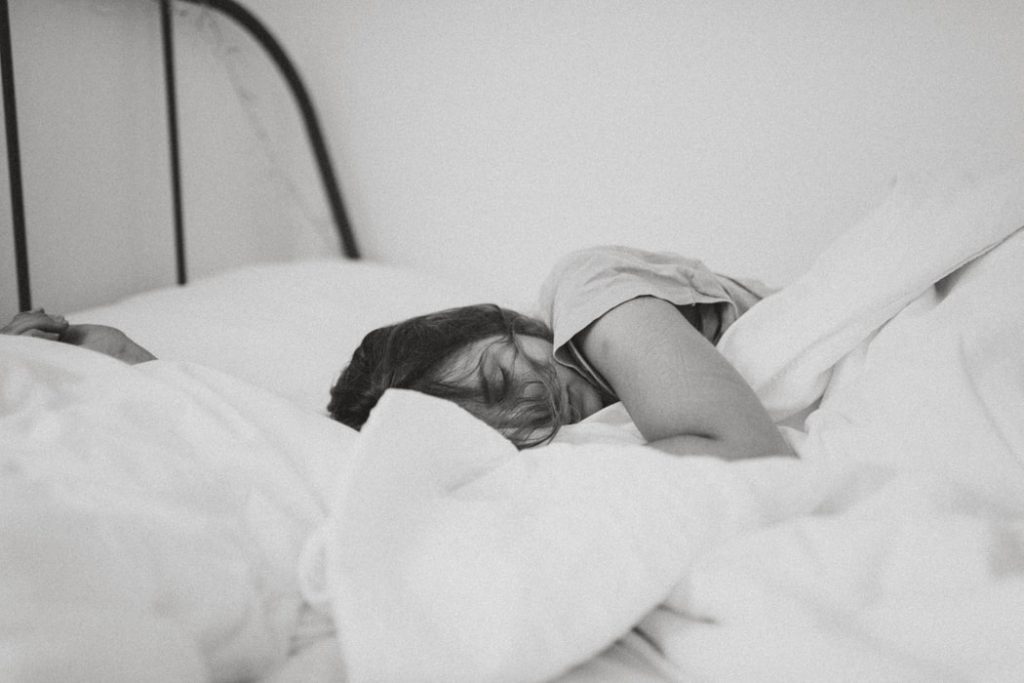
Getting enough sleep every night is critical to living well. Not only does sleep allow your brain to shut down and unwind from the stresses of your daily life, but also your body does most of its recovery during deep sleep. Moreover, the adverse effects of not getting enough sleep are almost too many to count.
If you think that you have insomnia, it is a good idea to consult your physician to get their take on the situation. However, if you have been simply struggling to get the right amount of restful sleep at night as a result of an overactive mind or some new stresses in your life, there are a few home remedies that you can try out which might help you catch the sleep that is eluding you.
Switch Off the Screens
While phones, tablets, and laptops are powerful and helpful tools that are used every day, they also might be the things stopping you from getting good sleep at night. The screens of these devices emit what is called blue light.
When your eyes are exposed to the blue light of your phone screen right before bed, for example, it can result in your mind becoming more alert and stop the release of melatonin, the hormone that helps you relax. If you are in the habit of looking at your phone before you sleep or watching television in bed, consider making a switch. Try cutting your screen time one hour before going to bed. This should allow your brain enough time to unwind and prepare for sleep.
Try CBD Oil
CBD oil, while not recommended for the long-term treatment of sleep issues like insomnia, has been proven to help those who struggle with falling asleep to relax. CBD will not produce the effects of marijuana in that it lacks enough THC to result in the user feeling “high”. Rather than cause impairment, CBD oil might assist in calming anxious thoughts.
There is, yet, no concrete proof that CBD will work as a sleep aid for everyone who tries it, but there are virtually no adverse side effects to using it. So, the next time that you find yourself struggling to sleep, it might be worth seeing some hemp distillate for sale.
Watch What You Eat (And Drink)
The things that you choose to eat and drink close to bedtime can profoundly impact the quality of sleep that you can get. Try to avoid eating heavy meals close to bedtime, particularly meals that contain too many carbs. Such meals might be throwing off the release of melatonin in your body.
Caffeine is the obvious stimulator that might keep you from resting, so try cutting back on caffeinated drinks a couple of hours before you plan on going to bed.
If you are in the habit of drinking a glass or two of wine before bed because you assume that it will help you relax, think again. This is another habit that could be drastically disrupting your body’s ability to release melatonin, which factors into your circadian rhythm.
